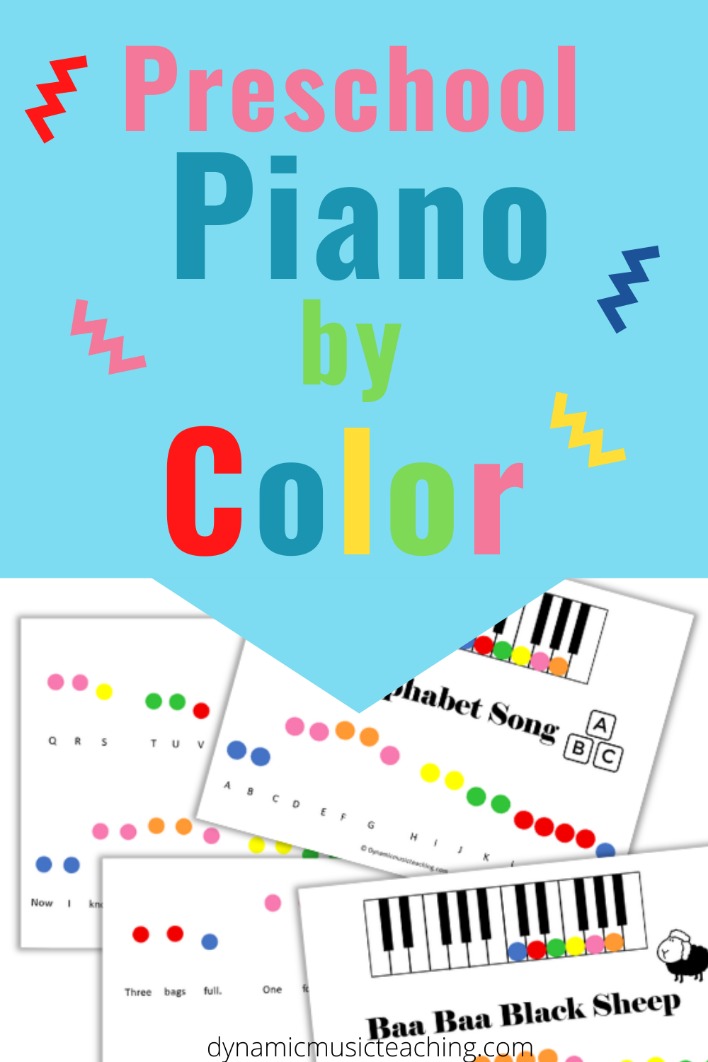Music has long been known for its therapeutic qualities, and the piano, being one of the most versatile musical instruments, offers a myriad of benefits. When it comes to piano lessons for Autism and piano lessons for Special Needs individuals, the impact can be profoundly transformative.
The Role of Music in Cognitive and Emotional Development
Music engages various parts of the brain simultaneously, offering a unique blend of motor coordination, memory, and emotional expression. Research indicates that piano lessons for Autism not only help in improving social behaviors but also enhance cognitive functions including attention and problem-solving skills.
Structuring Inclusive Piano Lessons
Inclusive piano lessons are designed to cater to the unique needs of each student. The following aspects are crucial:
- Personalized Teaching Methods: Lessons should be tailored to the individual’s learning pace and style. Visual aids and repetitive instructions can be highly beneficial.
- Positive Reinforcement: Encouraging words and small rewards can significantly boost confidence and motivation.
- Sensory Integration: Incorporating sensory experiences can enhance engagement. For example, teachers can use textured keys or sound-sensitive lights.
Read more about autism piano lessons near me here.
Benefits of Piano Lessons for Special Needs Individuals
The advantages of piano lessons for Special Needs students extend beyond the realm of music:
- Improved Motor Skills: The act of playing the piano requires finger dexterity and hand-eye coordination, which can enhance fine motor skills.
- Enhanced Communication: Music serves as a non-verbal form of communication, aiding those with speech and language difficulties.
- Emotional Expression: Playing the piano allows individuals to express their emotions in a safe and constructive manner.
- Social Interaction: Group lessons can foster teamwork and build social skills, offering opportunities for new friendships and support networks.
Supportive Environment for Lifelong Learning
Creating a supportive and understanding environment is essential for the success of piano lessons for Autism and piano lessons for Special Needs students. This involves:
- Professional Training: Teachers who are trained in special education techniques are more adept at addressing diverse learning requirements.
- Parental Involvement: Engaged parents can reinforce learning at home and monitor progress, providing a consistent and encouraging atmosphere.
- Technological Aids: Specialized apps and software can complement traditional teaching methods, offering interactive and engaging learning experiences.
Conclusion: Embracing the Power of Music
The transformative power of music can unlock hidden potentials and bring about positive changes in the lives of individuals with special needs. Piano lessons for Autism and piano lessons for Special Needs individuals open doors to a world where music becomes a bridge to cognitive, emotional, and social development. Embracing this opportunity can lead to a more enriched and fulfilling life for learners and their families.




